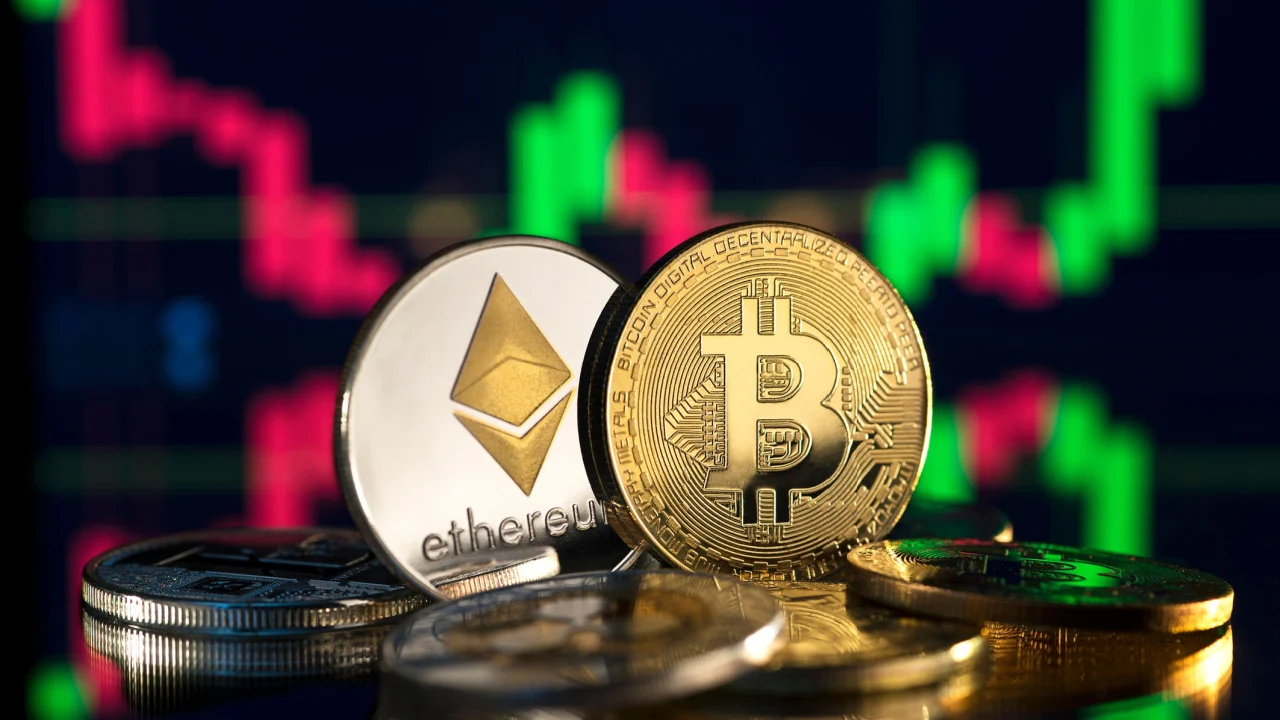|
Getting your Trinity Audio player ready...
|
The U.S. Court of Appeals for the Second Circuit has set January 15, 2025, as a critical deadline for the U.S. Securities and Exchange Commission (SEC) in its ongoing legal battle with Ripple Labs over XRP. This latest development follows the SEC’s request on October 24 for an extension on its principal brief submission, a move signaling more delays in a case that has gripped the cryptocurrency industry. At the heart of the case is the status of XRP — whether its sale on exchanges classifies as a security under the Howey test. The industry is closely watching this case, as its outcome could set the tone for future crypto regulations in the U.S.
The Ripple-SEC Saga Continues
In July, Judge Analisa Torres ruled that XRP sales on exchanges did not meet the criteria for investment contracts, marking a significant win for Ripple and the broader crypto community. However, Ripple was ordered to pay a hefty $125 million fine for institutional XRP sales, which were deemed to have violated SEC securities laws. The SEC, dissatisfied with this ruling, escalated the matter to the Court of Appeals, setting up a new legal showdown that now hangs on the brief to be filed by January.
The crypto world is hopeful that the appellate court will uphold Judge Torres’s ruling, reinforcing the idea that XRP transactions on exchanges are not securities. Ripple’s legal team is leveraging this momentum, pushing the court to validate a ruling that, if upheld, could reshape the SEC’s approach to regulating digital assets.
Political Implications Loom Over the Case
With the 2024 U.S. presidential election just around the corner, the political climate could also play a pivotal role in shaping crypto regulation. Republican candidate Donald Trump has taken a pro-crypto stance, pledging to fire SEC Chair Gary Gensler and to hire Web3-friendly officials if he wins. In contrast, Democratic candidate Kamala Harris has shown support for stricter regulation, leaving some crypto advocates concerned about a continued regulatory crackdown if she wins.
What’s at Stake for XRP and the Crypto Market?
Ripple’s case has, for better or worse, impacted XRP’s trajectory. The token has seen limited growth in recent years due to the regulatory overhang, especially as competing projects have risen to prominence. Ripple, once at the forefront of Web3 adoption, faces challenges as its legal issues persist, diminishing some of its influence in the digital finance landscape.
Despite this, XRP remains a high-profile altcoin with a market cap near $51 billion and an average daily trading volume of around $1.4 billion. However, it’s trading within a prolonged symmetrical triangular pattern, reflecting market indecision. Analysts note that with the altseason approaching, XRP could struggle to outperform its peers if regulatory uncertainty continues. Some market watchers predict that XRP may lag in the anticipated bull market for 2024-2025, especially with Wall Street remaining cautious.
Also Read: Terra Classic (LUNC) Price Surges 4.43% Amid SEC Legal Battle – What Investors Need To Know
The January 2025 deadline for the SEC’s brief submission will be a crucial milestone, but it’s unlikely to be the final word in this protracted legal battle. If the court supports Judge Torres’s interpretation, Ripple and the crypto market could see renewed confidence, sparking increased adoption for XRP and possibly a price surge. However, should the court side with the SEC, it could pave the way for tighter regulations and potentially stifle innovation in the U.S. crypto industry.
For now, the Ripple vs. SEC case remains a litmus test for crypto regulation in the U.S. The court’s decision next year will not only impact XRP but could shape the future of cryptocurrency regulation. As investors and advocates await the court’s decision, Ripple’s path forward, as well as the broader crypto landscape, hangs in the balance.
Disclaimer: The information in this article is for general purposes only and does not constitute financial advice. The author’s views are personal and may not reflect the views of Chain Affairs. Before making any investment decisions, you should always conduct your own research. Chain Affairs is not responsible for any financial losses.
I’m your translator between the financial Old World and the new frontier of crypto. After a career demystifying economics and markets, I enjoy elucidating crypto – from investment risks to earth-shaking potential. Let’s explore!




